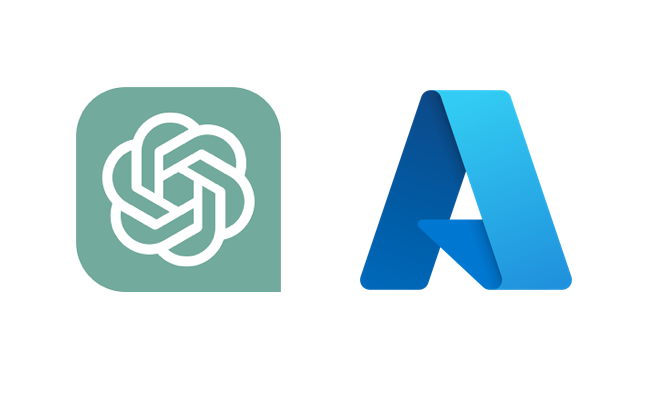Blog
-

Chat Models
OpenAI’s Chat GPT models are designed to accept a list of messages as input, with the output being a message generated by the model itself. The design of the chat format is specifically tailored to facilitate multi-turn dialogues. However, it can be just as functional for single-turn tasks that don’t involve any conversation. Here’s an…
-

Tips For Instructing gpt-3.5-turbo-0301
Best practices for instructing models may change from model version to model version. The advice that follows applies to gpt-3.5-turbo-0301 and may not apply to future models. System messages Developers can use System message to prime the assistant with different personalities or behaviors. Be aware that gpt-3.5-turbo-0301 does not generally pay as much attention to the system message as gpt-4-0314 or gpt-3.5-turbo-0613.…
-

ChatGPT Plugin Policies
Here are the key guidelines set by OpenAI for developers who are developing ChatGPT Plugins: Just like other usage policies, OpenAI anticipates alterations to the current ChatGPT Plugin Policies as they gather more information about the potential use and misuse of plugins. Submitting Plugin for Review You can expect to hear back about a plugin…
-

GPT-5: Potential Impact on Labor Market
Research was conducted into the possible impacts of large language models (LLMs), like Generative Pre-trained Transformers (GPTs), on the U.S. labor market, with a particular interest in the heightened functionalities offered by software powered by LLMs, as opposed to standalone LLMs. A novel criteria was employed to evaluate jobs in terms of their compatibility with…
-

ChatGPT Azure Completions
In this article we’ll explore the necessary operations to activate ChatGPT completions via Azure endpoints. While our primary emphasis is on chat completions, we will also briefly discuss some other accessible operations through the API. This instance serves to illustrate simple operations swiftly and should not be considered as a comprehensive tutorial. import openai Setup…
-

GPT-4, GPT-5 Best Practices
This manual presents techniques and methods to enhance the performance of GPT models. You can often apply these tactics collectively to boost their efficiency. We recommend trying out different approaches and GPT Best Practices to discover what suits your needs best. Please note that some of the instances showcased here are exclusive to OpenAI’s most…
-

Best practices for GPT fine-tuning
GPT-3’s understanding of language makes it excellent at text classification. Typically, the best way to classify text with the model is GPT fine-tuning on training examples. Fine-tuned GPT-3 models can meet and exceed state-of-the-art records on text classification benchmarks. Below we list a public draft of a guide that will be added to the next…
-

ChatGPT Deprecations
OpenAI initiated the upgrade and deprecation procedure for the first versions of gpt-3.5-turbo and gpt-4, which they revealed in March 2023. Applications employing the established model names (gpt-3.5-turbo, gpt-4, and gpt-4-32k) will seamlessly transition to the updated model versions on June 27th. To aid in the comparison of model performance across different versions, the Evals…
-

Difference between the GPT-4 Models
Several variations of the GPT-4 model exist, each distinguished by unique features. A crucial attribute that varies between these models is the context length, which denotes the total number of tokens consisting of the prompt and the maximum tokens in the completion. The standard GPT-4 model provides a context length of 8,000 tokens. Additionally, OpenAI…
-

How to Access ChatGPT Plugins?
OpenAI has begun to enhance the capabilities of ChatGPT by incorporating the use of plugins. These ChatGPT Plugins can be envisioned as “tools” that the AI model learns to utilize. Such as a plugin for checking news updates, a plugin for flight bookings, or one for sourcing data from a specific database. Since the launch…